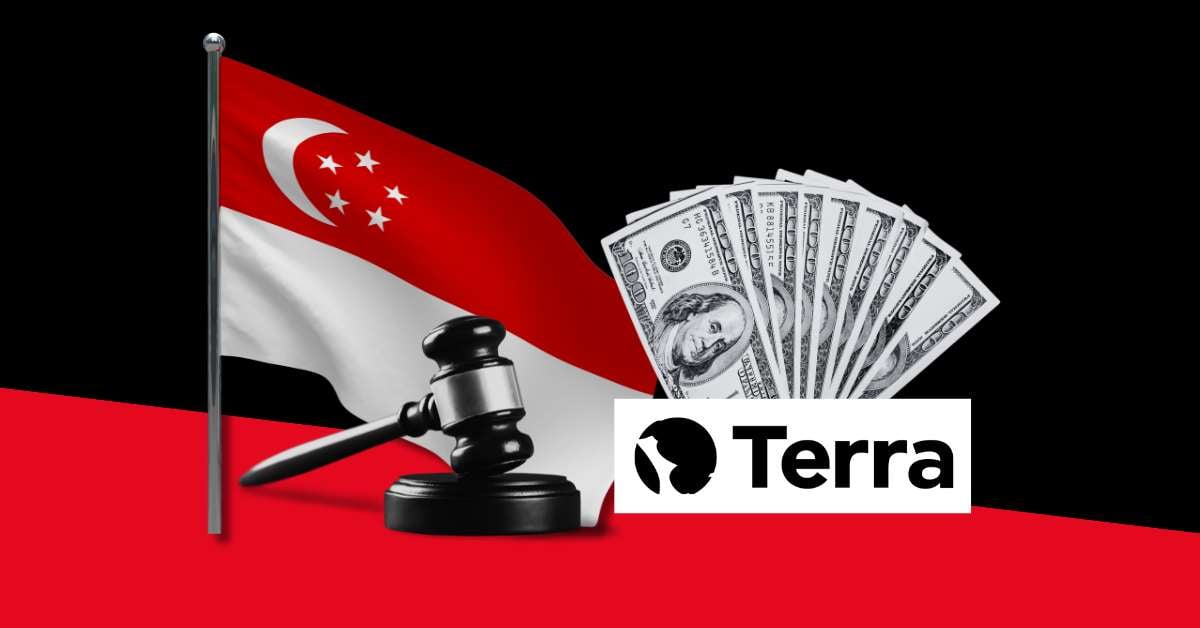Investing in digital currencies can be a wild ride, filled with highs and lows. In a recent Singapore High Court drama, Terraform Labs and its founder, Do Kwon, are under scrutiny as a class-action lawsuit gains steam, sidestepping attempts to shuffle it into arbitration through website terms.
Imagine putting your money into a promising digital coin, only to see its value drop overnight. Scary, right? Explore this more below.
The Money Crunch: $57 Million Loss Hits Hard
The tough story is for 375 individuals who lost a staggering $57 million due to a sudden drop in the value of a stablecoin, disconnecting from the U.S. dollar in May 2022. Now, these upset investors are teaming up for a legal face-off against Terraform Labs, accusing them of playing unfairly in the crypto world.
Leading the charge in this legal battle are Julian Moreno Beltran and Douglas Gan, heading the fight for the 375 individuals affected by the alleged $57 million loss tied to terraUSD (UST), Terraform’s digital currency.
But this isn’t just about money problems; it’s a crucial moment for the entire cryptocurrency world, potentially setting new rules for the industry.
Breaking Ground With the Law
According to the latest updates, Mahesh Rai, a director at Drew & Napier and legal representative for the claimants, points out the significance of this legal milestone. Rai highlights that the lawsuit’s progression to this stage ventures into new territory for class-action suits in the crypto world, moving it further into the discovery phase.
In a twist similar to Terraform Labs’ legal tangles in the United States, where the Securities and Exchange Commission (SEC) accuses the company of selling unregistered securities, the Singapore courtroom saga adds another layer of complexity.
Terraform’s attempts to dismiss the U.S. case haven’t stopped its legal challenges. Interestingly, Terraform Labs has yet to provide additional comments on these ongoing matters.
Read More: Did Jump Crypto Play a Role in Terra’s Collapse? SEC Probe Continues
Court’s Decision on Arbitration
Initially, the court rejected Terraform’s request for arbitration, citing a lack of clear agreement between the company and the claimants. Despite Terraform hinting at a possible arbitration pact, the court looked closely at the company’s actions during legal proceedings, seeing them as an acceptance of the court’s jurisdiction.
Appeals and case management efforts followed, but the judge expressed regret over the delays in addressing jurisdictional challenges, emphasizing the need for swift resolution under new legislation introduced to speed up legal processes in Singapore.
This Might Interest You: Terraform Labs Pumps $15 Million to Revive the Terra (LUNA) Ecosystem






